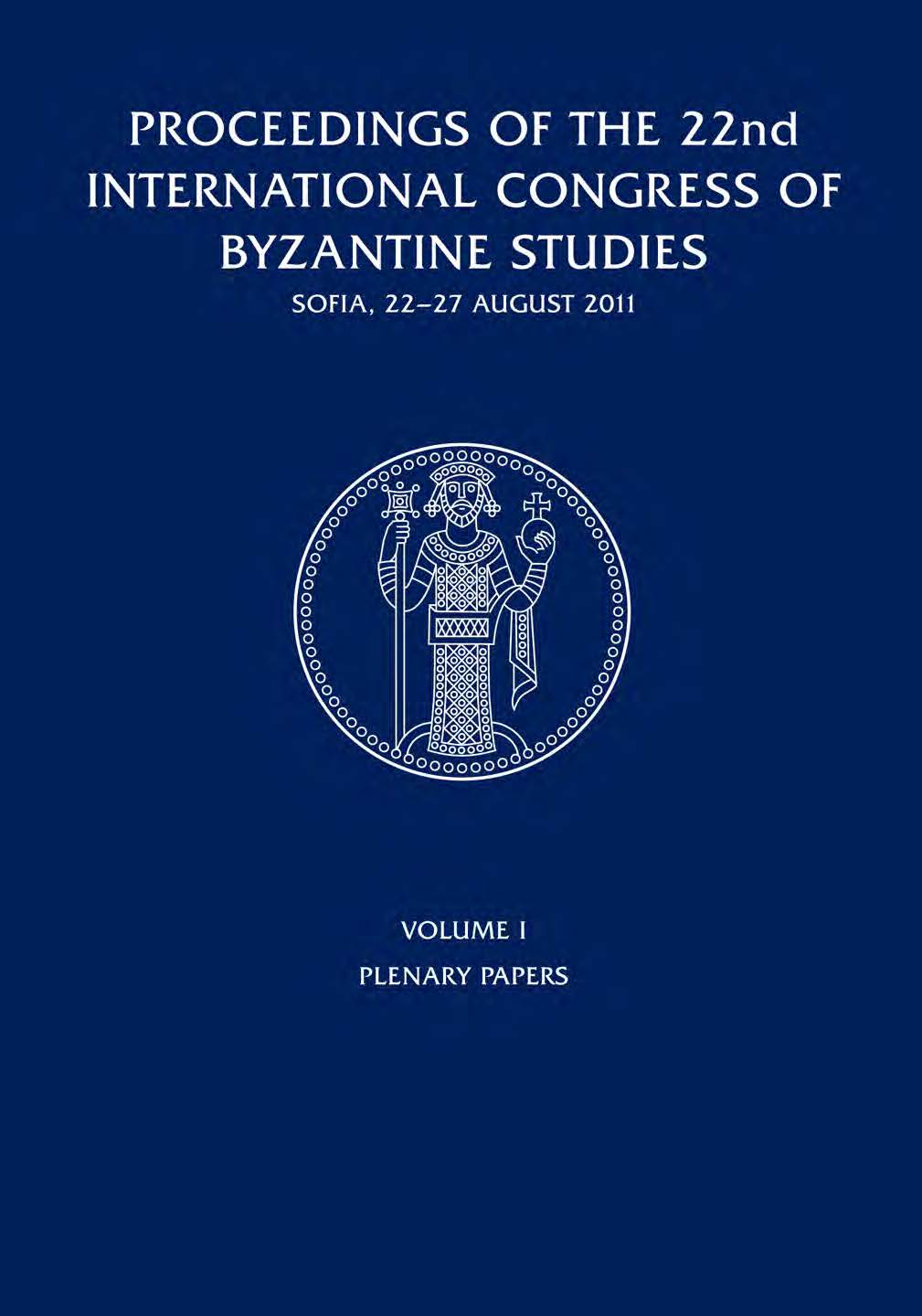
We kindly inform you that, as long as the subject affiliation of our 300.000+ articles is in progress, you might get unsufficient or no results on your third level or second level search. In this case, please broaden your search criteria.

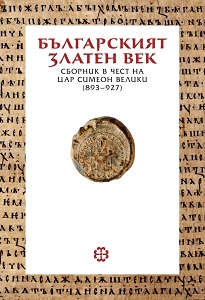





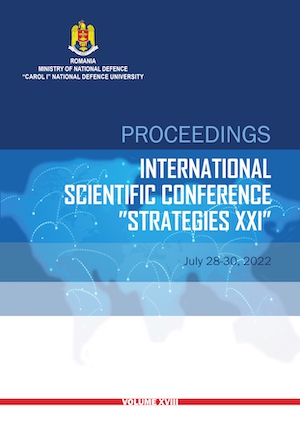
Very little has been relatively studied about the interaction between Finland and Romania. Most existing studies deal with the interwar period and World War II, but there is still room for complementary interpretations. This study focuses on Finns’ perceptions of Romania, especially from the perspective of brotherhood in arms between the two countries. The theme is worth exploring because, during the Second World War, both Finland and Romania considered the development of mutual relations more important than ever before. This study is based on an extensive number of original sources. The analysis shows that there were different attitudes towards Romania as a brother-in-arms, but the attitude was positive in principle. The differences are explained by the type of goals set for the future development of the relationship between Finland and Romania. It is evident that Romania was valued as a brother-in-arms by a wide range of citizens. The Finnish media and the NGOs behind it conveyed a positive image of Romania and emphasized the common interests of Finland and Romania in the ongoing war. However, the Finnish leadership was cautious about developing bilateral relations, as it considered it necessary to strike a balance between Germany and the Western powers. The brotherhood of arms was therefore not allowed to become too close.
More...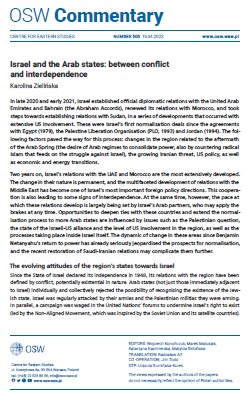
In late 2020 and early 2021, Israel established official diplomatic relations with the United Arab Emirates and Bahrain (the Abraham Accords), renewed its relations with Morocco, and took steps towards establishing relations with Sudan, in a series of developments that occurred with extensive US involvement. These were Israel’s first normalisation deals since the agreements with Egypt (1979), the Palestine Liberation Organisation (PLO, 1993) and Jordan (1994). The following factors paved the way for this process: changes in the region related to the aftermath of the Arab Spring (the desire of Arab regimes to consolidate power, also by countering radical Islam that feeds on the struggle against Israel), the growing Iranian threat, US policy, as well as economic and energy transitions.
More...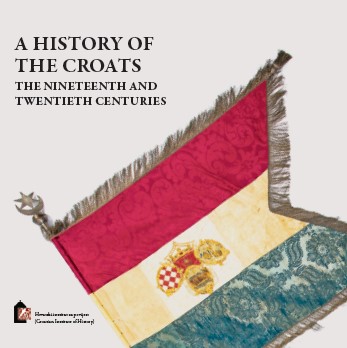
The unstable economic situation with frequent financial crises in developed European countries, years of crop failure, and famine among the lower classes, a widespread dissatisfaction with the political situation, the strengthening of national movements, and the spread of liberal ideas created fertile ground for a new wave of unrests in Europe. The first revolutionary sparks ignited in January 1848 in Palermo, and in February in Paris. In the following weeks, they escalated into a revolutionary fire that engulfed much of Europe. The revolutionary turmoil was especially strong in France, the German and Italian lands, and in the Austrian Empire. Different social strata took part in the revolutionary movements, and their core consisted of the citizenry, craftsmen and merchants, workers and peasants, students, and in some places the nobility (for example, the petty and middle nobility in Hungary). Therefore, their goals were also different. Nevertheless, in most countries the main goals of revolutionary movements imbued with liberal and national spirit were the enactment of a constitution (except in France, which had one), i.e. the establishment of a constitutional monarchy, electoral reforms, expansion of the suffrage, abolition of the feudal order (in the countries east of the Elbe, which still had it), introduction of civil rights and freedoms, and creation of unified nation-states.
More...
In this paper the author analyses an anonymous report on the situation in Banal Croatia. This paper is composed in German and it refers to the first period of the Croatian-Serbian Coalition. In that report, there is given very detail analysis of the political relations and in the focus of the analysis the estimation of the political influence of the various political parties or groups in the period of the political decline of the old Unionistic party and the appearance of new political formations. The special significance of that report is its description of the various social groups who had crucial role in the contemporary society. This includes the already existent groups, such as higher nobility and civil servants who had expressed the sympathized to Hungarian and Croatian coalition in the context of the traditional connections and dualistic constitution of Habsburg Monarchy.
More...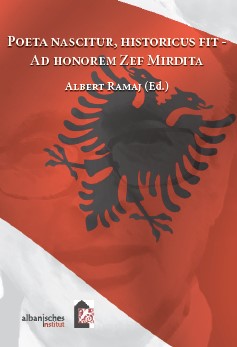
Es ist das Jahr 1912. Im Südosten Europas erreichte der schleichende Zerfall des Osmanischen Reiches seinen Höhepunkt. Nationale Staaten wurden errichtet. Es herrschte ein chaotischer und kriegerischer Zustand. Für die von Albanern bewohnten Gebiete bestand die Gefahr nicht nur darin, den Interessen der Grossmächte, sondern viel mehr auch den territorialen Gelüsten der neuen Nationalstaaten wie Serbien, Montenegro, Bulgarien und Griechenland ausgesetzt zu sein. In dieser Phase gelang es nach jahre-langen Widerständen und Bemühungen auch den Albanern, einen eigenen Nationalstaat ins Leben zu rufen. Dies geschah am 28. November 1912.
More...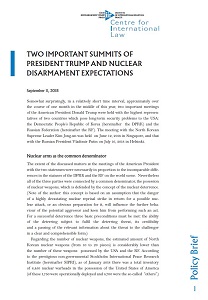
Somewhat surprisingly, in a relatively short time interval, approximately over the course of one month in the middle of this year, two important meetings of the American President Donald Trump were held with the highest representatives of two countries which pose long-term security problems to the USA: the Democratic People’s Republic of Korea (hereinafter the DPRK) and the Russian Federation (hereinafter the RF). The meeting with the North Korean Supreme Leader Kim Jong-un was held on June 12, 2018 in Singapore, and that with the Russian President Vladimir Putin on July 16, 2018 in Helsinki.
More...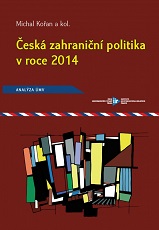
Dvoustranné vztahy mezi ČR a USA odrážely v několika posledních letech nově nastolený referenční rámec dominovaný vzájemnou spoluprací v oblasti bezpečnostní, hospodářské a lidskoprávní. Na rozdíl od dřívější minulosti se z nich nicméně vytratil někdejší romantismus a na české straně opadla přehnaná očekávání ohledně možnosti budování svého druhu „zvláštního vztahu“ s USA. Tento vývoj nicméně přispěl ke snížení rizika významného zklamání a následného zásadního otřesu, který by ohrozil nastolený rámec vzájemné spolupráce, což se ostatně ukázalo i během hluboké politické krize v ČR v první polovině roku 2013. Turbulentní vývoj na české politické scéně poznamenaný politicko-korupčním skandálem, který vyústil až v pád dosavadní Nečasovy středo-pravicové vlády a předčasné volby, ovlivnil česko-americké vztahy jen v omezené míře. Témata spojená s americkou zahraniční politikou a česko-americkými vztahy se vyznačovala jen velmi mírným stupněm politizace a navzdory dlouhodobě existujícím ideovým rozdílům v oblasti zahraniční politiky mezi jednotlivými politickými stranami se neobjevily ani zřetelné projevy polarizace elit v této oblasti.
More...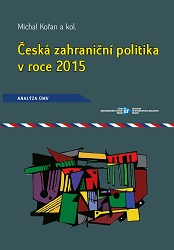
Spojené státy americké jsou dlouhodobě považovány za klíčového partnera a spojence České republiky na mezinárodní scéně. Vzájemné vztahy, kterým byly položeny silné základy v době prezidentství Václava Havla, jsou postaveny na třech pilířích. Ty se v dlouhodobém horizontu příliš nemění, přičemž hlavní roli v systému vzájemných vztahů hraje spolupráce v oblasti ekonomické, obranné a bezpečnostní a společných hodnot a lidských práv. Po důstojných oslavách 25. výročí sametové revoluce v listopadu 2014, které vyvrcholily slavnostním odhalením busty V. Havla v prostorách amerického Kongresu doprovázeným prohlášeními premiéra Bohuslava Sobotky a předsedy Poslanecké sněmovny PČR Jana Hamáčka o důležitosti odkazu Václava Havla, by se možná dalo očekávat, že rok 2015 bude pro česko-americké vztahy rokem obnovy lidskoprávní agendy a společných postojů ke klíčovým událostem na mezinárodní scéně. Tato očekávání byla ovšem veskrze lichá.
More...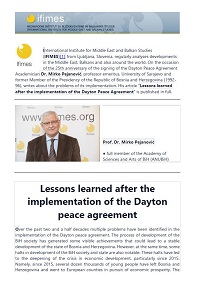
Over the past two and a half decades multiple problems have been identified in the implementation of the Dayton peace agreement. The process of development of the BiH society has generated some visible achievements that could lead to a stable development of the state of Bosnia and Herzegovina. However, at the same time, some halts in development of the BiH society and state are also notable. These halts have led to the deepening of the crisis in economic development, particularly since 2015. Namely, since 2015, several dozen thousands of young people have left Bosnia and Herzegovina and went to European counties in pursuit of economic prosperity.
More...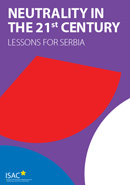
I have been asked to present at this opening panel some historical background information on the European neutrals in the Cold War. As we will talk more specifically about the experiences of individual neutral states tomorrow, I will mainly focus here tonight on the ideological and systemic conflict between the superpowers and on what this meant for the practice of neutrality during the period from 1945 to 1989.
More...
I will make an attempt to briefly present the key determinants and content guidelines of the Yugoslavian non-aligned policy, but also to indirectly indicate the contact points and differences between this policy and the concept of neutrality itself. After a period of uncritical glorification, followed also by euphoric satanization of the non-aligned concept, finally the time has come, based on relevant archive material, to provide real answers, at least to some elementary questions in this field. Some of them are: if this policy was in fact desired or forced; how difficult was it to prompt sometimes unwilling partners who were not belonging to neither of political-military blocks to cooperate, and finally, why Yugoslavia distanced itself from Europe and connected to far away and unknown civilizations.
More...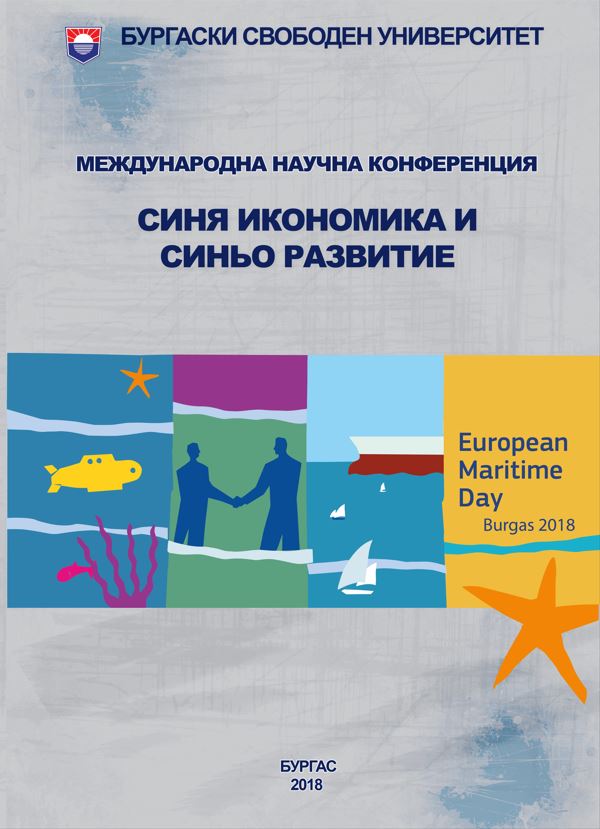
The New Silk Road Initiative was first presented in 2013 by the Prime Minister of the People's Republic of China, Xi Jinping. The concept is based on the creation of infrastructure to connect Asia with Europe and Africa. The possible routes of the Road go around the Caspian Sea basin. The emergence of new states after 1991 has changed the nature of the established international agreements on the status of the sea-lake. For more than 20 years, the coastal states have not been able to agree, but: Let us be optimistic that the Caspian countries: Russia, Kazakhstan, Turkmenistan, Azerbaijan and Iran have approached wisely and invested in a productive idea - reaching a decision in the spring of 2018, in the city of Astana to sign a Convention on the International Legal Status of the Caspian Sea.
More...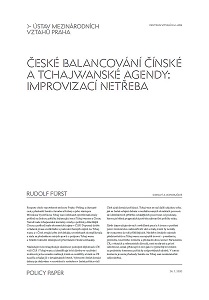
The contradictions surrounding the terminated Prague-Beijing treaty and the planned trips of Senate Presidents Jaroslav Kubera and his successor Miroslav Vystrčil to Taiwan have unexpectedly problematicized the view of Czech policy balancing between Taiwan and China. Will our Taiwanese contacts disrupt relations with the politically more important China and damage our economic interests in the PRC? The well-managed practice of simultaneously balancing Czech interests in Taiwan and China, lasting over two decades, has unexpectedly become complicated and has become the subject of sharp disputes about supporting Taiwan and defending national dignity from pressure from the Chinese embassy. The following text recaps the experience of the Czech Republic's dual diplomacy towards the PRC and Taiwan and identifies a crisis of confidence in the use of options that are easily offered, that have proven successful, and that the Czech Republic learned to manage already in the 1990s. The escalation of the Czech domestic debate is observed in connection with the split in Czech policy towards China and its domestic politicization. Taiwan has become another example of how the Czech public debate in mediatized abbreviations shifts to identity stories that distract attention from the essence, which is the common pragmatic need of the state's foreign policy. The conclusion recommends a return to proven practice and consideration of strengthening the positions of the Ministry of Foreign Affairs and the government, which should not be exposed to the role of bystanders. Visits by Czech state representatives to Taiwan at the highest level - the President, Prime Minister, line minister and chairmen of both chambers of the Parliament of the Czech Republic - for substantive and relevant reasons, it is not necessary to reject them a priori, but to proceed with them as exceptional steps subject to the consensus of politically responsible actors. In this context, the trip of the President of the Senate to Taiwan is insufficiently justified.
More...